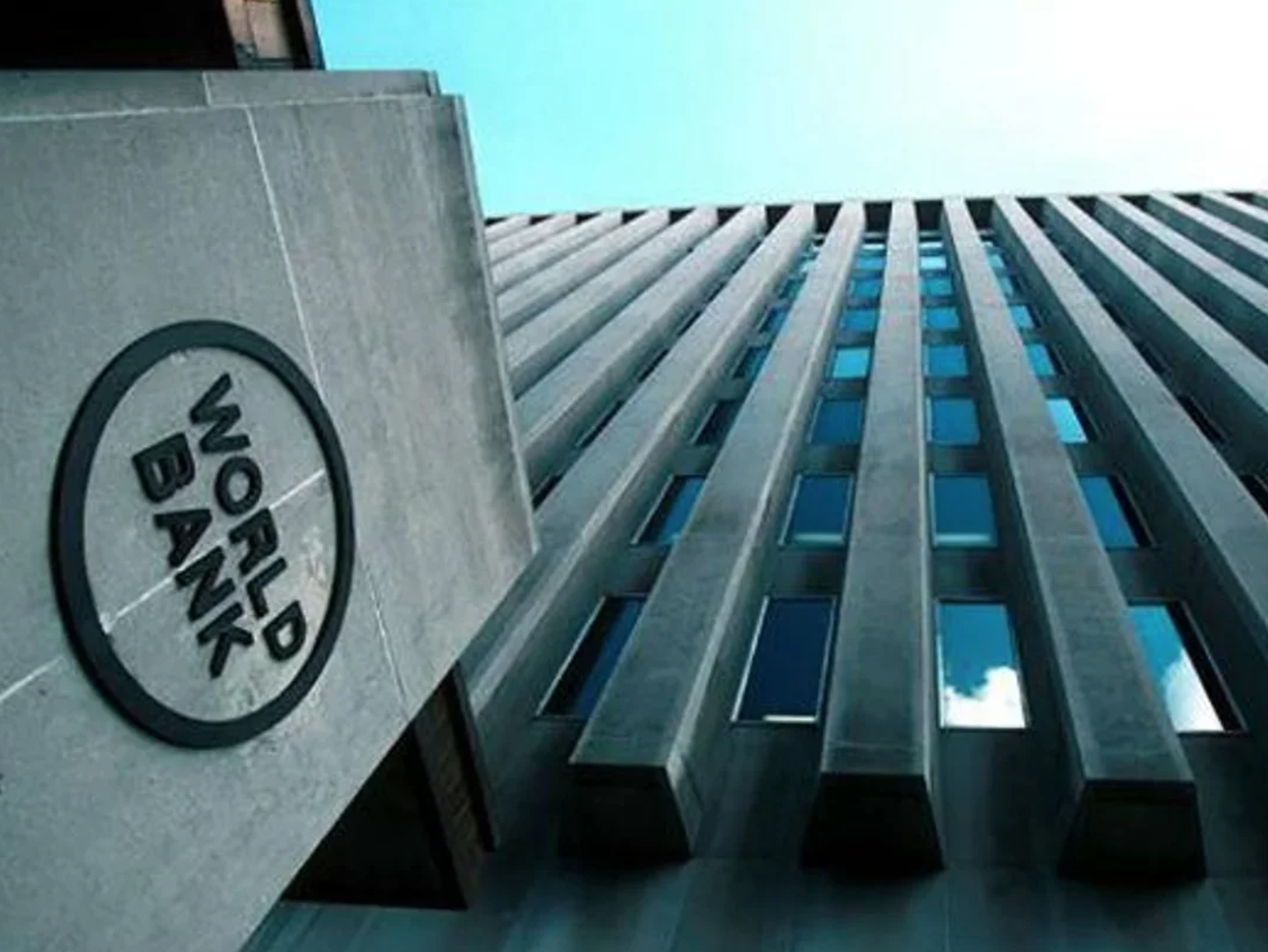The World Bank is one of the four fundamental pillars of the Liberal International Order that emerged under the hegemony of the United States at the end of World War II. The other three are the International Monetary Fund (IMF), the World Trade Organization (WTO) and the Financial Stability Board (FSB). The latter emerged as a consequence of the 2008 international financial crisis, within the framework of the Group of the 20 largest economies in the world (G20).
Since its inception, the United States has contributed the most capital to the World Bank and has therefore had the upper hand, with a disproportionate share of votes on the board of directors of the institution. This means that, as is common in such cases, it is the U.S. government that proposes the person who will lead the multilateral organization. In the case of the IMF, the agreement of the major economic powers grouped in the G7 was to reserve France the right to choose the director of this institution. This changed in 2019 with the election of Kristalina Georgieva, who became the first person from an emerging economy (Bulgaria) to head the IMF since its creation in 1944.
Power quotas have always depended on capital quotas. This made sense after World War II. But the situation has changed and China is now questioning, along with other emerging economies, the power structures in place in the Bretton Woods institutions. These challenges have already led to changes that better reflect the new forces’ correlation in the global economy.
The World Bank is no longer the most relevant actor in the dynamics of global financing. Gone are the days when the twin institutions raised the baton to conduct the symphony of globalization with structural adjustment programs for the economies of low-income countries. On the contrary, in the last twenty years, the World Bank has had the fight against poverty as its central mandate, while the IMF has taken on the task of promoting global macroeconomic and financial stability with the objective of guaranteeing economic growth and not strangling it, as in the past.
In this context, the candidate proposed by Joe Biden to assume the presidency of the World Bank, as of June 2023, is Ajay Banga. Banga was born in 1959 into a Sikh family in Khadki, a small town in southwest India. He is an economist from St. Stephen’s College, Delhi University, and holds a master’s degree from the Indian Institute of Management in Ahmedabad. With Ajay Banga as the new president, the Bank’s emphasis will no longer be solely on combating poverty; the winds are now accompanied by a more sustainable breeze.
Banga wants to combat climate change without neglecting the fight against poverty. That is good news. This is a better picture, especially when compared to the disastrous policy of his predecessor David Malpass, who shared the climate denialism of his godfather Donald Trump, among many other ideological disturbances.
Banga is, evidently, a U.S. citizen. However, his Indian background brings him very close to the dilemmas of the Global South. Perhaps that is why his candidacy won almost immediate support from India, Kenya, Ghana, and Bangladesh. And for his determined initiative to do much more against climate change, he also received the acceptance of France and Germany at the meeting of the Group of 20 financial officials in March 2023.
From the perspective of lower-income countries, the goal is for the new director to ensure that the World Bank can serve as a catalyst linking action among governments, the private sector, multilateral development banks, and civil society. It is definitely not an easy task.
Less debt, more climate finance
Calls to reform the World Bank, giving it a greater presence in financing climate change, have been multiplied. Many low – and middle-income countries are becoming increasingly indebted and facing rising costs as the consequences of climate change mount. The recent G20 report, urging the World Bank and other multilateral development banks to relax their lending restrictions to get more money flowing to countries in need, is but one sign of this.
A commission, led by economists Nicholas Stern, Amar Bhattacharya and Vera Songwe, called for a rapid and sustained boost to investment and prioritization of the transition to cleaner energy. The report concluded that annual investment by these countries in climate action should increase immediately and reach $1 trillion by 2025 and $2.4 trillion by 2030. According to the authors of the study, annual investments in climate action by the World Bank and the other multilateral development banks should triple to $180 billion by 2025.
The United States, its European partners, and Japan are all open to a reform of the World Bank to bring it in line with the times. However, the proposal made by the World Bank a few months ago seems insufficient to meet the challenges facing humanity and the planet.
It is no longer possible to ignore the demands of many countries in the global South for debt relief. But so far, there has been little movement toward creating a global framework for debt restructuring and sovereign insolvency management procedures. The current delays are the result of China’s refusal to accept the same haircut as other creditors.
However, there is minimal international consensus on the demands. One of the most important is that the World Bank should provide more money for climate protection. This demand gained prominence at COP27 in Egypt, where the World Bank was called upon to take a stronger position in addressing “global challenges”.
To this end, the current financing model needs to be revamped and more favorable lending conditions need to be formulated, among other measures, to encourage investments in public goods.
*Translated from Spanish by Janaína Ruviaro Da Silva











